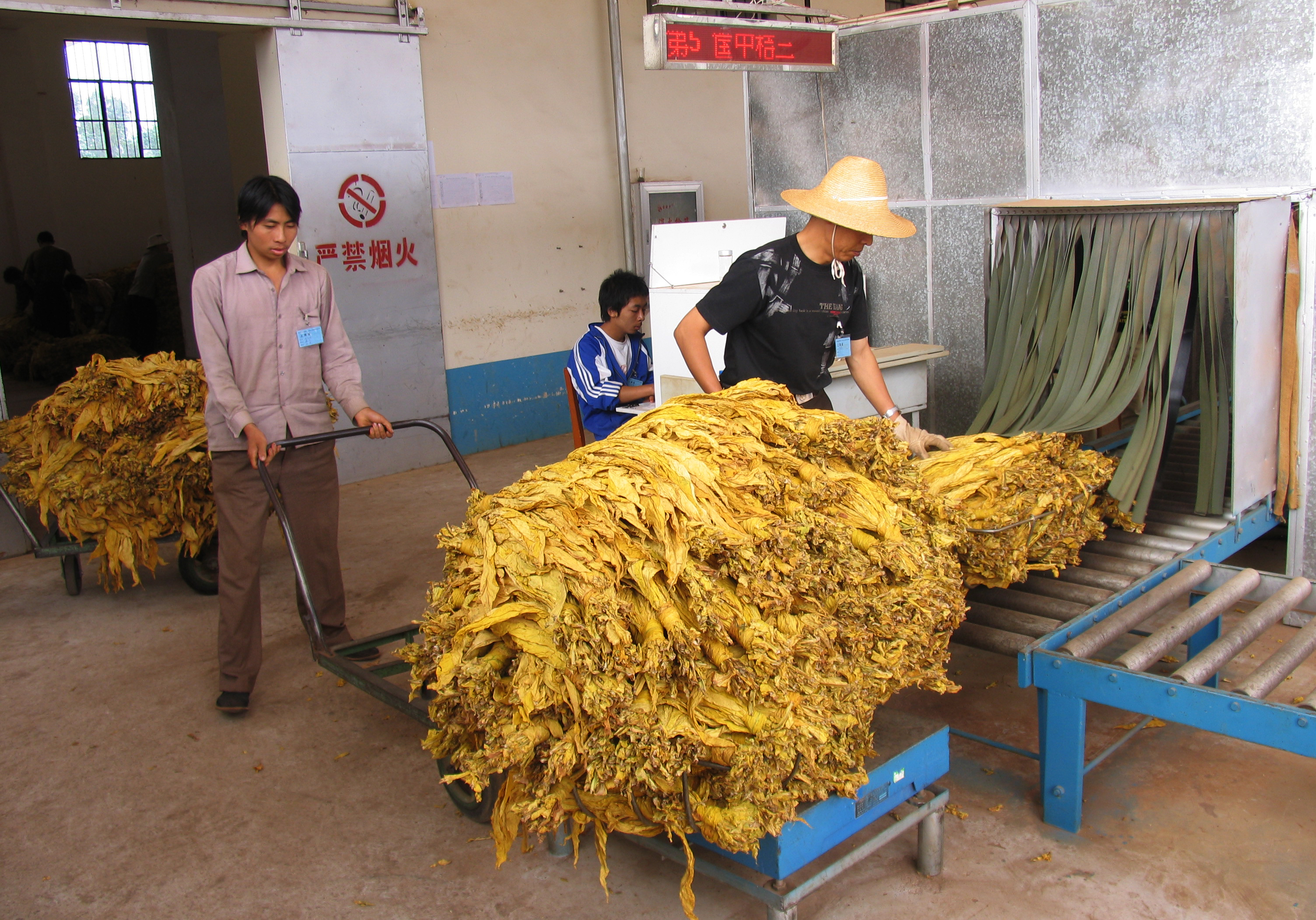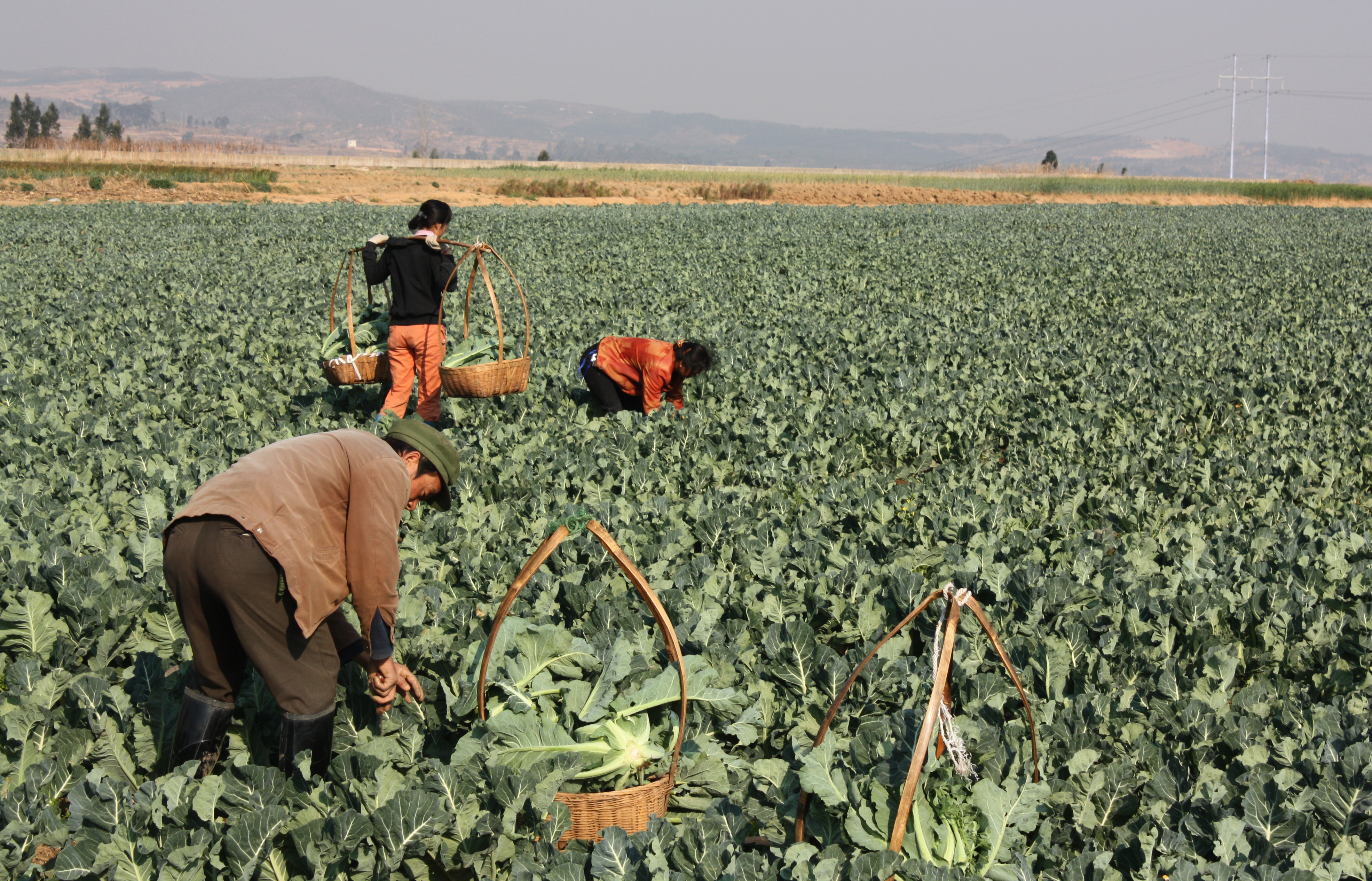
Twice a year, community health services professor Virginia Li flies to south-central China.
The nearly 6,500-mile trips are not for vacation ““ they are a component of Li’s research, which focuses on tobacco farming and its effect on tobacco consumption in China.
Li started working at the UCLA Fielding School of Public Health in the early 1980s. Since then she has become interested in how tobacco crops within China affect the rate of cigarette consumption in the country.
About 95 percent of men in China smoke, Li said.
She holds a doctorate in public health from the University of North Carolina and was a professor at the Johns Hopkins University School of Hygiene and Public Health, where she pioneered a protocol that physicians could use to help their patients quit smoking.
Li’s dedication to public health has not gone unnoticed by her students.
Brian Cole, an assistant professor in the School of Public Health, first met Li when she spoke at one of his undergraduate classes.
Li’s ability to command people’s attention in the lecture hall and on the field has helped her earn her students’ and colleagues’ respect, Cole said.
“When she was speaking, everyone would be completely quiet and absorb what she was saying,” he said.
Roger Detels, a professor and chair of the department of epidemiology at UCLA, said he hired Li because he was impressed with her innovative ideas.
“You hear the phrase “˜think out of the box’ all the time, but she definitely thinks out of the box,” he said.
Li’s knowledge of tobacco and public health has allowed her to approach the smoking problem differently than she would otherwise, she said.
China produces 40 percent of the world’s tobacco, and about 95 percent of it is domestically consumed, which has led to about one million deaths per year, she said.
But decreasing cigarette consumption in China is a difficult problem to manage for several reasons, and requires finesse, she said.
“It’s a political hot potato because 10 percent of the central government’s revenue comes from tobacco sales,” Li said.
China imports more produce than it grows, Li said.
In addition to methods such as anti-smoking education and regulation, Li said she felt tobacco substitution would play an important role in restricting the availability of tobacco in the Chinese market, without impacting farmers’ livelihoods.
In 2007, Li started working with the Yunnan Department of Agriculture in China on a project that would help farmers find crops that could be grown in place of tobacco.
About 500 farm families experimented with different crops to determine which could be the best substitutions.
At the end of the experiment, which lasted for three years, Li said the research team found the most profitable crop was grapes, which earned farmers 115 percent more than tobacco did.
But even the least profitable crop, arrowroot, still returned 20 percent more in revenue than tobacco did.
On her most recent trip to China last summer, Li noticed that some farmers were able to renovate their houses or buy a car with the money they earned through crop substitution.
Now that the research portion of the tobacco-substitution project is complete, the next step is to apply the research on a larger scale ““ which will take time, Li said.
“At least we’ve opened a window and there’s a little bit of light going in,” she said. “We have to allow time and we have to allow things to happen.”
